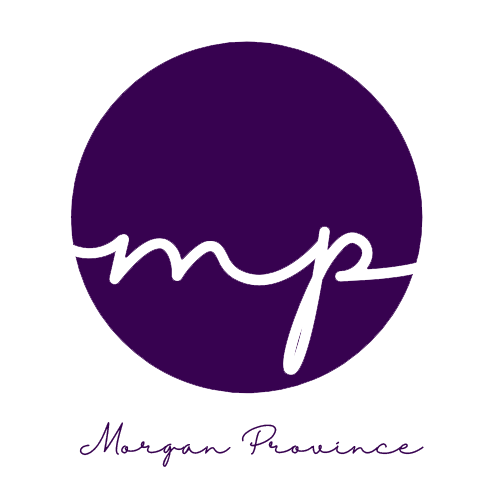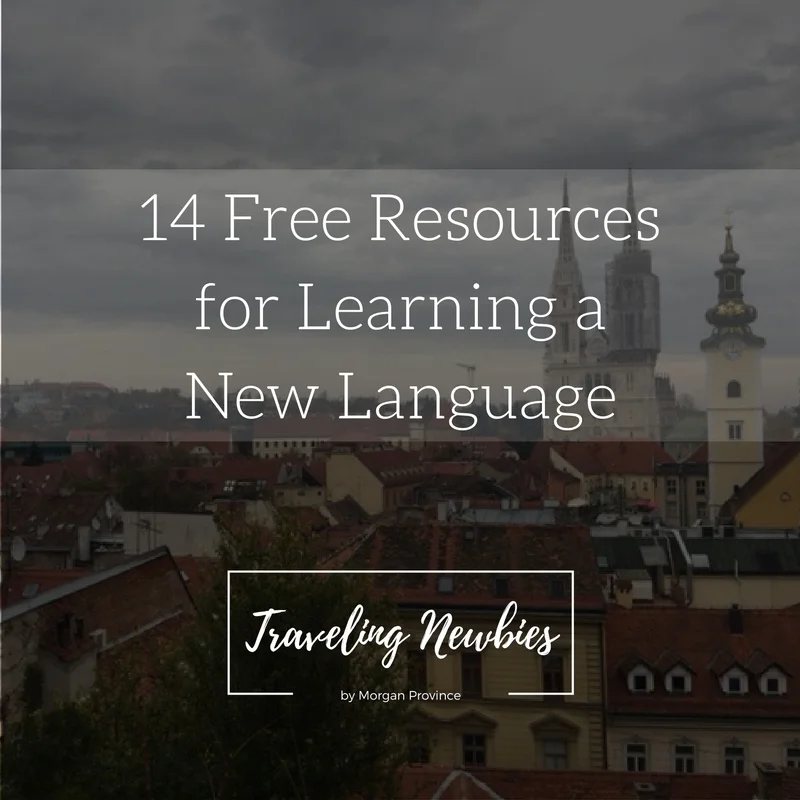As I have mentioned in the past, I am learning Croatian to better communicate with the people in our host country. No, it is not essential to my success or happiness, but learning a second language was a personal goal for me. How is it going so far?
Language in Croatia
A majority of the Croats with whom I have interacted speak English. Not just broken English, but English with a wide vocabulary and good grammar. The younger generations in particular speak English very well. In fact, I will probably never speak a second language as well as they speak English.
What's more is that many Croats speak more than two languages. Many kids in local schools learn German as well, so by the time the kids graduate they speak Croatian, German and English fluently. Do I feel like a slacker? Why yes, yes I do.
For the people who do not speak English, they are SUPER patient with me as I stumble my way through a Croatian conversation. They are so nice and they even help me refine my vocabulary and grammar. I learn something new every time I practice with a Croat. I am lucky to learn in such a warm culture.
Learning Croatian
Twice a week, I have an hour-long Croatian class. After two months of classes, I still have limited vocabulary and am still only speaking in the present tense. But, I am slowly building my skills.
In fact, when I can recognize a word in a conversation or can get the gist of a paragraph, I get way too excited. Croatian is complicated because it has eight grammar cases, so even if I do not know the correct case I can sometimes recognize the word and get a baseline understanding.
Croatian should not be my second language, though. In high school, I took two years of Spanish. Since I never used it, I lost it. I treated it like a class and not a life skill, so I learned it to take tests and that was about it. Flash learning, if you will.
What's worse is that I took two years of Italian in college (which I had to pay for, mind you) and retained even less than my Spanish. I made lifelong friends in my Italian classes, but I again did not acquire a lifelong skill.
Because I put in the work before we moved, I can already tell that my retention of Croatian is better than it was for Spanish and Italian. I have deliberate practice, I use my new vocabulary and phrases when I am out and I make an effort to look up the language around me. I hope that by the time I leave Croatia, I can carry a conversation with one of my six-year-old English Book Club students. We shall see.
Appreciating Language Learning
Learning Croatian in its native country has made me appreciate people who speak multiple languages. Growing up, it was easy to dismiss people with accents. Yes, English may be the most important language to learn for international travel and business, but my superiority has been humbled since our move. Many people with accents speak better English than I do! Their vocabulary is rich, and they practice English every chance they get. My diligence to learn a second language doesn't come close.
Learning a new language, at any age, has incredible health benefits. First, your brain gets bigger. Literally. My head is ginormous anyways, but I'll take a bigger brain, sure. Secondly, learning another language keeps your mind sharp. With Alzheimers in both my family and my hubs', learning languages as we move around will help us age gracefully, God willing.
I look forward to continuing my Croatian classes, and I will continue to update you as more revelations pop up!
Tools to Learn a New Language
Are you learning another language or want to? I'll share with you the resources I used (most free!).
Vocabulary
- Chegg - On this free app, you can download flashcards that other people have already made! And then as you learn new words and phrases, you can add flashcards to the decks.
- Memrise - A free app that works almost like a game. You learn new words and practice hearing, saying, recognizing and spelling the words.
- Lingopal - Popular and key phrases are in the app so you can memorize and practice them.
- FunEasyLearn - Practice words by category, such as food or study. Then the free app takes you through repetitive exercises so you can practice hearing, seeing and spelling the words and phrases.
- Dictionary apps - Search for a dictionary in your target language, and you are almost sure to find a few free ones you can download.
- Google Translate - Although not perfect, Google Translate is an amazing resource to look up words in your target language, check your work and translate signs. Again, a free resource that has tons of languages you can download (to use offline as well).
- Mango - Free through many US libraries, this app plays a conversation then breaks it down so you can understand it. This style has been proven effective, as seen with Pimsleur.
- Pimsleur - If you can find this resource for free, you can get ahead quickly. Each lesson is 30 minutes long, and you listen and practice conversations. What I like most about Pimsleur's system is that you learn the formulas of the language, and then you can plug in other vocabulary words you know.
- FSI Online - FSI is the Foreign Service language training entity, but online they have hundreds of free resources to learn a language. They are a bit inconsistent in effectiveness, but have a look to see if your target language has helpful files.
- Free or Cheap eBooks - search for eBooks on our language, and you will find some that are free or super cheap. I bought one titled, "The 1200 Most Frequently Used Croatian Verbs" for $0.99, and I got a few others for free.
- Textbooks - I borrowed textbooks to learn some basics of Croatian, and you might be able to do the same. Can't borrow them? You can find some textbooks pretty cheap online or check them out from your local library for free.
Practice
- Again, Google Translate can help you check your work.
- Hi Native is a free app that lets you message people in your target language. You can put a question out there, and people can answer your questions! For example, you can ask the proper way to tell someone to have a good day, and you will get answers from native speakers.
- Find a friend from that target language! Ask if you can practice with them for 5 or 10 minutes every time you meet up. Yes, people get tired of answer questions and being your human dictionary, but you can treat it like a test. Every two weeks, you buy him/her coffee in exchange for 10 minutes of conversation.
- Visit websites in your target language and try to translate it. Many websites also have an English option, so go back and forth to learn new words and check your translation.
Other Resources
I have not tried these resources (mostly because many of them are expensive), but they also have good results.
- Rosetta Stone
- Babbel
- Duolingo - They have a limited number of languages, but it is a great resource if your target language is one of them.
Good luck on your learning journey! If you enjoyed this post, want to stay up-to-date on our travels and want access to my free Tutoring and Language Learning Library, sign up here!


